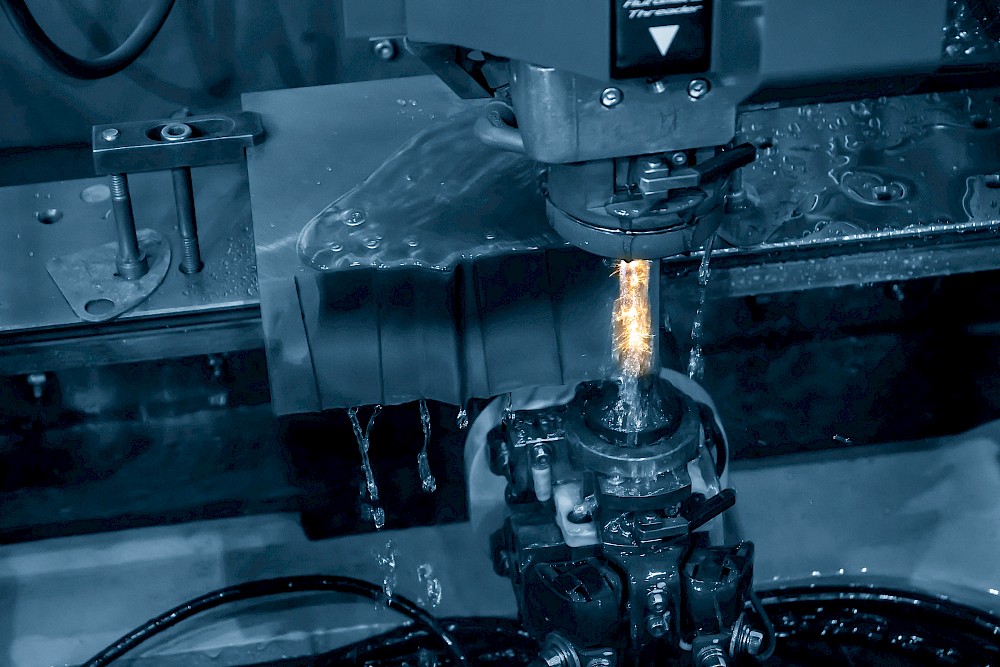Neodymium magnets have become an integral part of precision instruments due to their exceptional magnetic properties. These powerful magnets, also known as rare-earth magnets, possess a high magnetic field strength, making them ideal for various applications in precision instruments.
Precision instruments require a high level of accuracy, stability, and reliability. Whether it is in medical devices, scientific research, or engineering tools, neodymium magnets provide the necessary magnetic force to ensure the efficiency and precision of these instruments.
One significant advantage of NdFeB magnets is their high magnetization. These magnets have the strongest magnetic field of all commercially available magnets, making them versatile and highly sought after in precision instruments. They are capable of creating a significant force in relation to their size, enabling engineers to design compact and reliable tools.
In medical devices, neodymium magnets play a crucial role in magnetic resonance imaging (MRI) machines. The strong magnetic field generated by these magnets allows physicians to obtain detailed images of internal body structures without invasive procedures. Neodymium magnets are also used in dental braces and orthopedic implants, providing stability and support to promote proper alignment and healing.
In scientific research, neodymium magnets are vital components in particle accelerators and mass spectrometers. Particle accelerators rely on magnetic fields to guide and control charged particles, allowing researchers to study fundamental particles and the structure of matter. Mass spectrometers, on the other hand, separate various ions based on their mass-to-charge ratio, enabling precise analysis of chemical compounds and isotopes. The force generated by neodymium magnets is essential for the accurate functioning of these instruments.
In the field of engineering, neodymium magnets find applications in precision motors and actuators. These magnets are known for their exceptional performance in electric motors, providing high torque and efficiency. In robotics and automation, neodymium magnets are used in precision actuators to control the movement of various mechanical components with great accuracy and reliability.
The exceptional magnetic properties of neodymium magnets also make them indispensable in magnetic sensors and navigation systems. Magnetic sensors utilize the magnetic field of neodymium magnets to measure changes in position, orientation, or the presence of magnetic objects. These sensors are widely used in industries such as automotive, aerospace, and robotics, enabling accurate detection and control systems.
Despite their small size, neodymium magnets exhibit a high resistance to demagnetization, ensuring long-term stability in precision instruments. This durability makes them suitable for applications where reliability and consistency are crucial.
However, it is important to handle neodymium magnets with caution due to their strong magnetic field. They can attract or repel other magnets, causing injury or damage if handled improperly. It is recommended to use non-magnetic tools and store neodymium magnets away from sensitive electronic devices.
In conclusion, neodymium magnets have revolutionized the precision instruments industry with their exceptional magnetic properties. From medical devices to scientific research and engineering tools, these magnets have proven to be essential for achieving accuracy, stability, and reliability. The small size, high magnetization, and resistance to demagnetization of neodymium magnets make them invaluable for various applications, ensuring the advancement of precision instruments in numerous fields.
Post time: Sep-27-2023

